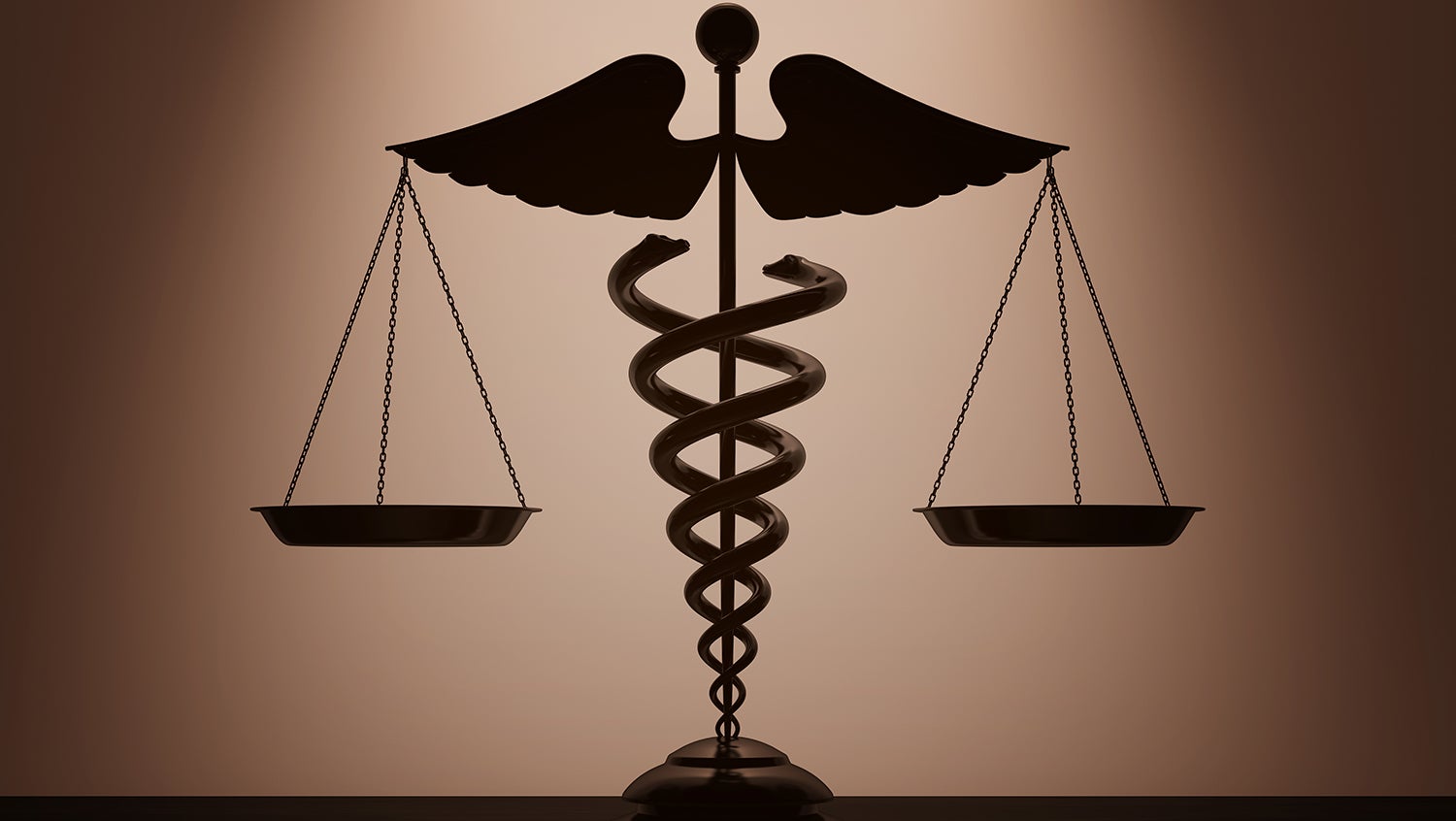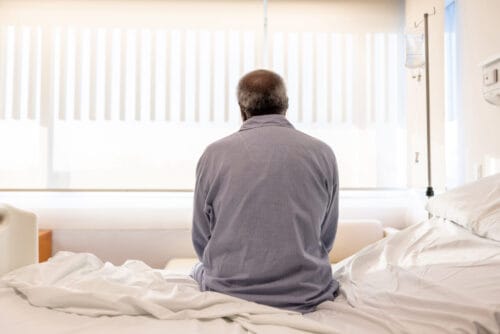
Getty Images
Physicians are in a unique position of status. It's our duty to be critical of all aspects that impact patients and colleagues — and then to act.
Health is more than medicine and clinical care is a small aspect of what keeps someone healthy. Social environment, the political context, and socio-economic status play a much bigger role in a person’s health. Racism, as a system that distributes unequal access to resources, power, and privilege based on a social construct called race, is a major social determinant of health. It explains why Black Americans do poorly on health outcomes compared to white counterparts who have the same social-economic status or education level. Recent data suggests Black Americans are dying from COVID-19 at 3.5 times the rate of their white counterparts. Another analysis calculated that if the COVID-19-related death rate among all minority groups were the same as in White Americans, an estimated 13,000 Black Americans, 1,300 Latino Americans, and 300 Asian Americans would still be alive right now. With that being said, we cannot reach health equity without racial equity.
As physicians, we need to address our bias and prejudice and question our privilege. Being anti-racist is an ongoing process, so we have to educate ourselves and hold each other accountable.
We need to identify how we benefit from the system, and then use our privilege to fight for equity. We need to question the medical curriculum and prepare physicians to be anti-racist. Don’t send a syllabus with only white scholars to your students. Ask for minority representation, especially Black women, on your conference panel.
It is impossible to separate our clinical work from work addressing racial inequity: It is not serving our patients to treat them, only to send them back to the social environment that made them sick. On a much bigger level, we need to hold our society and the greater medical system accountable for health disparities due to racist policies that prevent access to care for everyone. We need to require our elected officials to have concrete, actionable plans to address police brutality, mass incarceration, food deserts, homelessness, and education inequality — terrible problems that disproportionately affect Black people.
Healthcare providers are in a unique position to research and understand these and other drivers of poor health in diverse patient populations. We should use this privilege to challenge the system and provide evidence-based solutions to policymakers. Our patients are often voiceless. This is why we need to use our status to advocate for them and make it clear that there will be zero passes for racist behaviors and policies, whether in our hospitals or their communities. Research and programs initiated by Black scholars will go a long way to help this cause. But because racism provides unequal access to resources and power, many black physician researchers have a hard time getting funded. Therefore, it is especially important for people who call themselves allies to invite more minorities to join the decision-making process with full support behind their voices.
We become physicians because we work hard and show a lot of resilience. Nevertheless, we are among the most privileged people. We cannot stay indifferent to the lives of those we care for.


